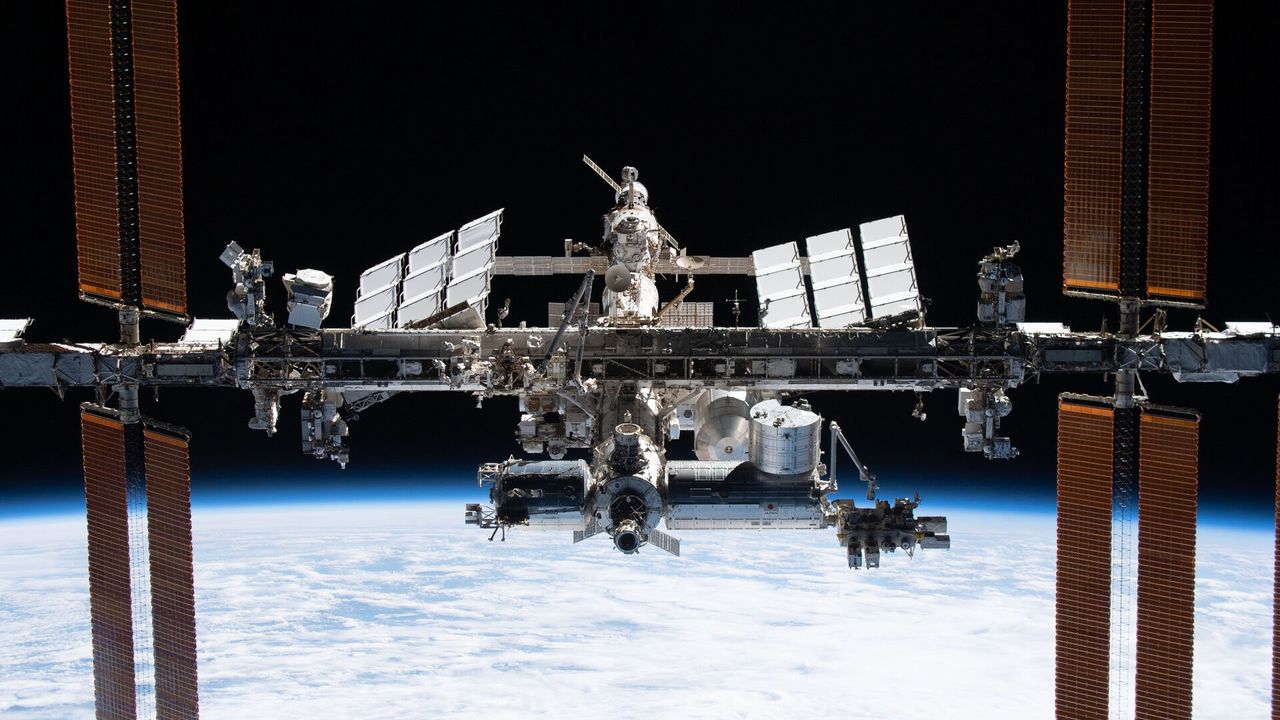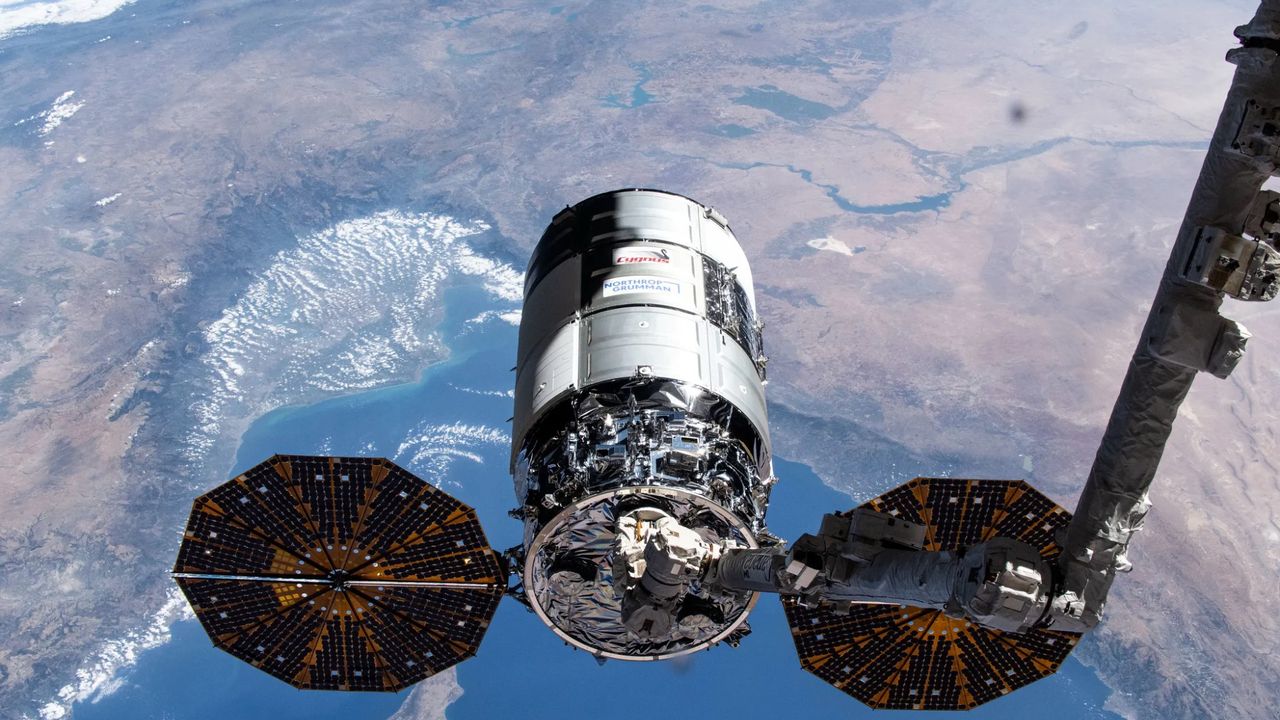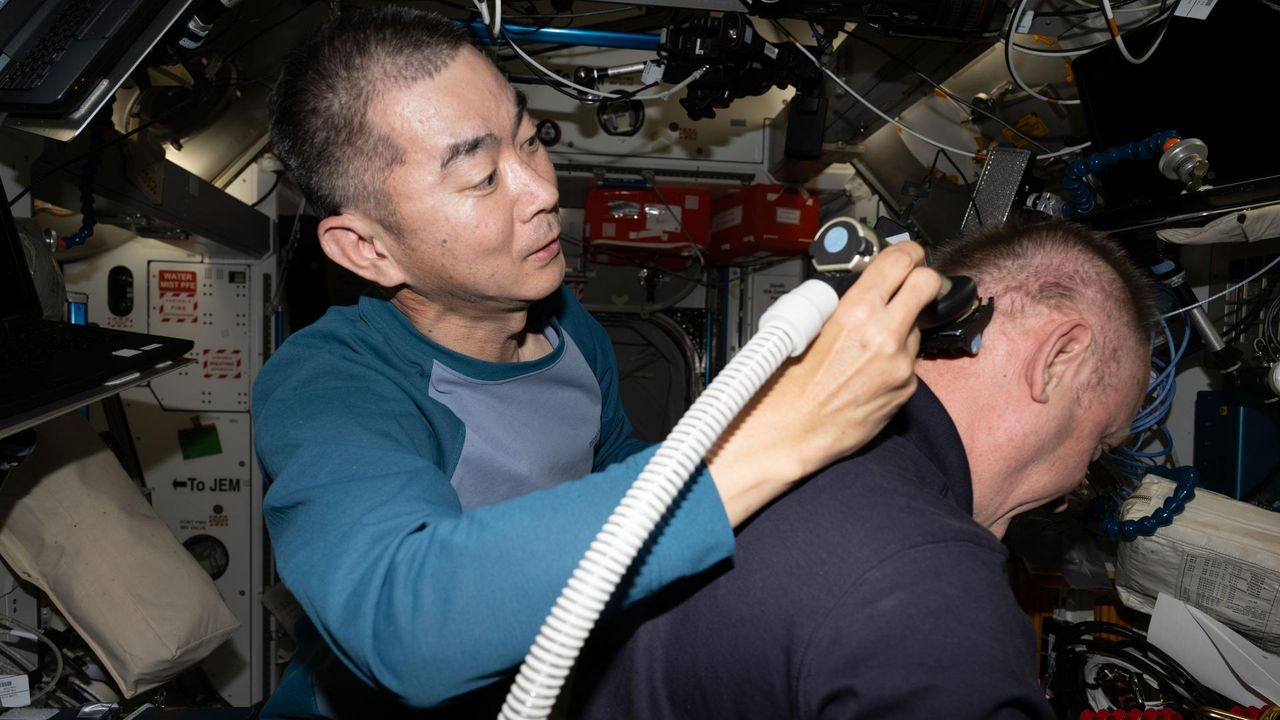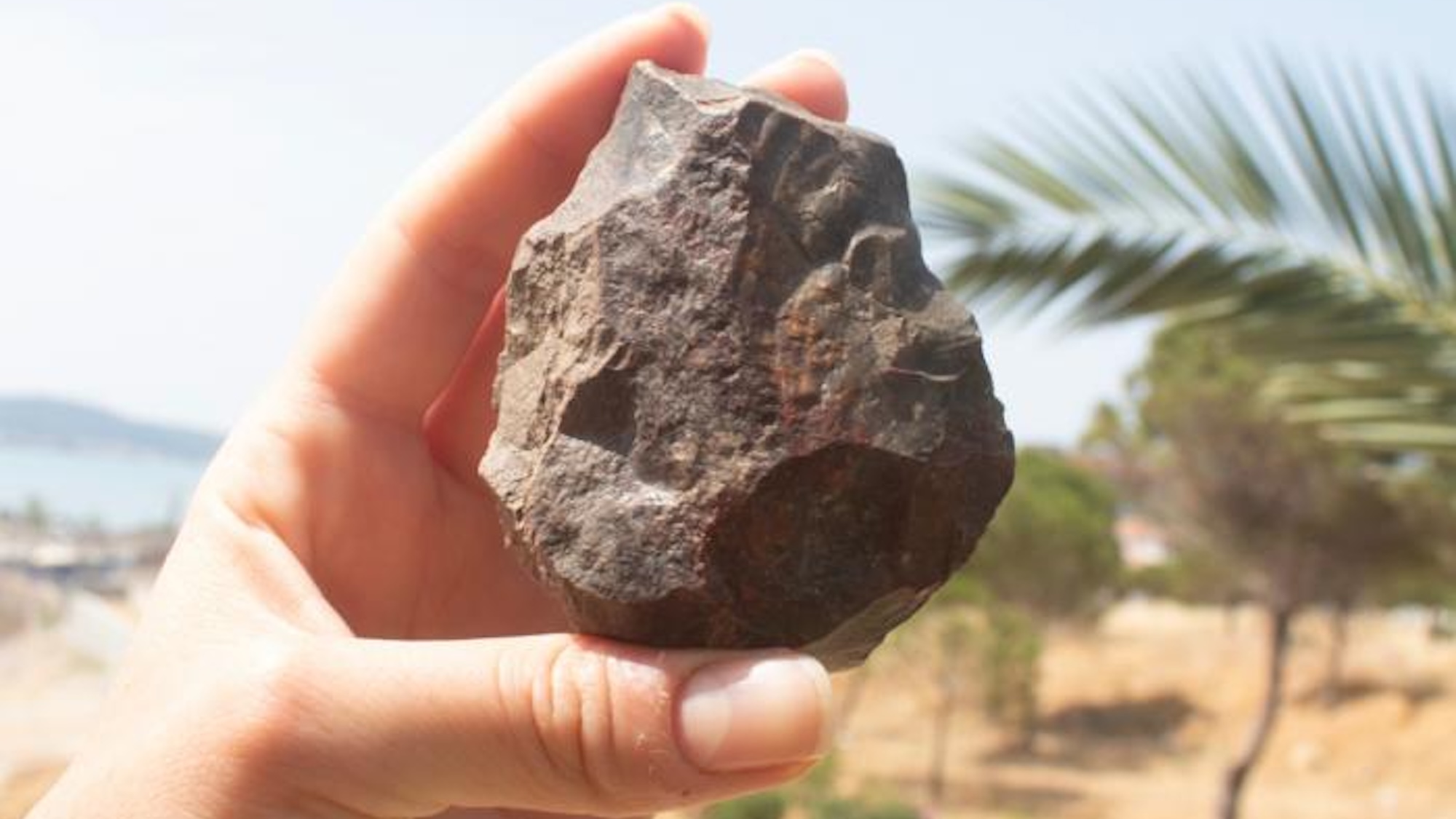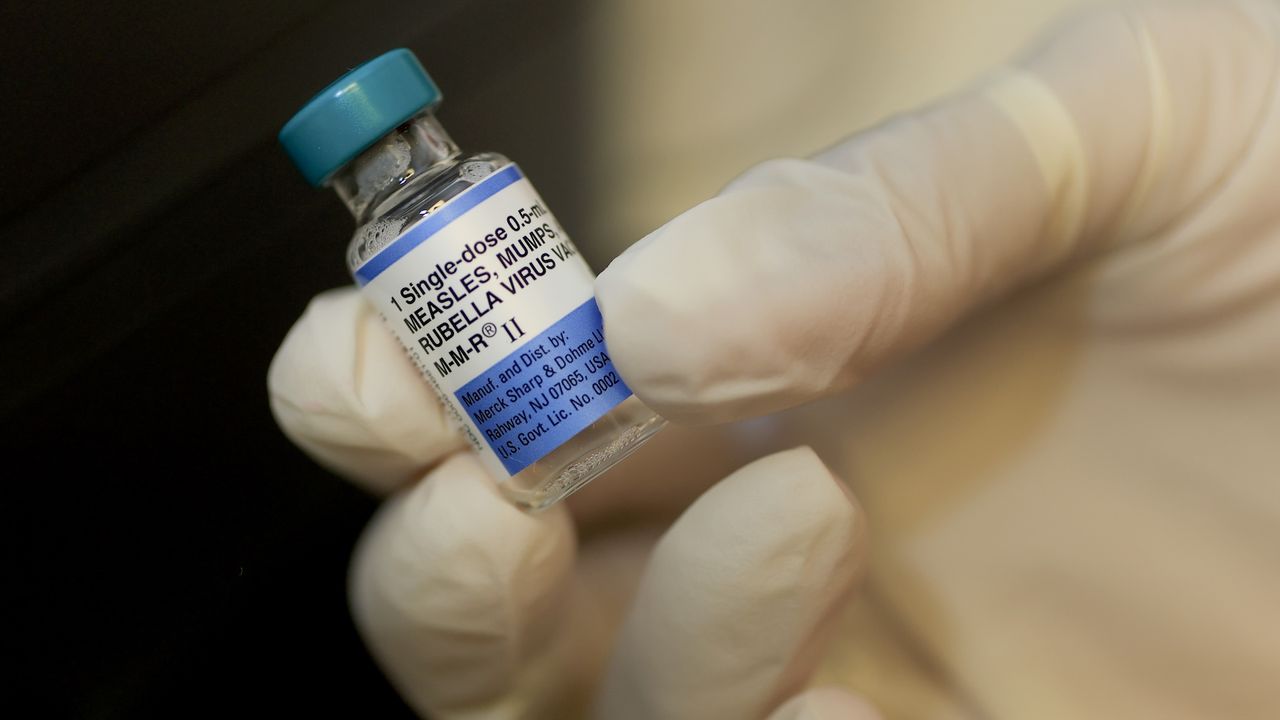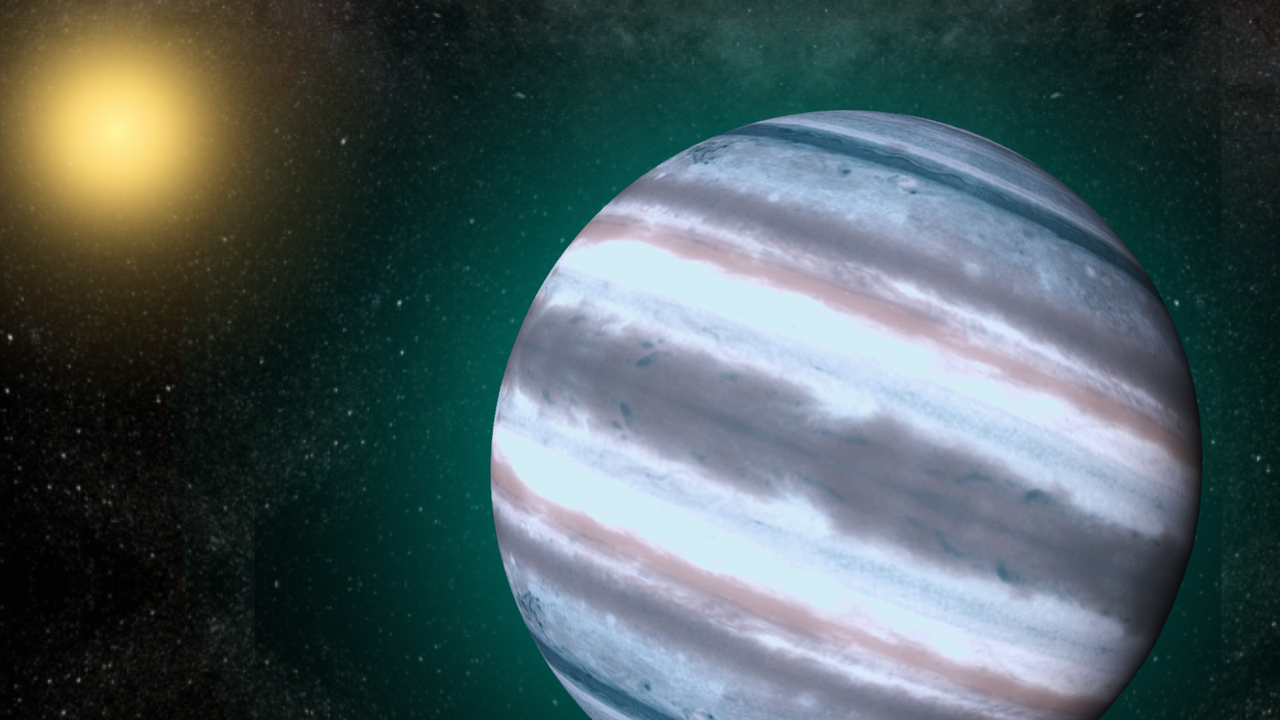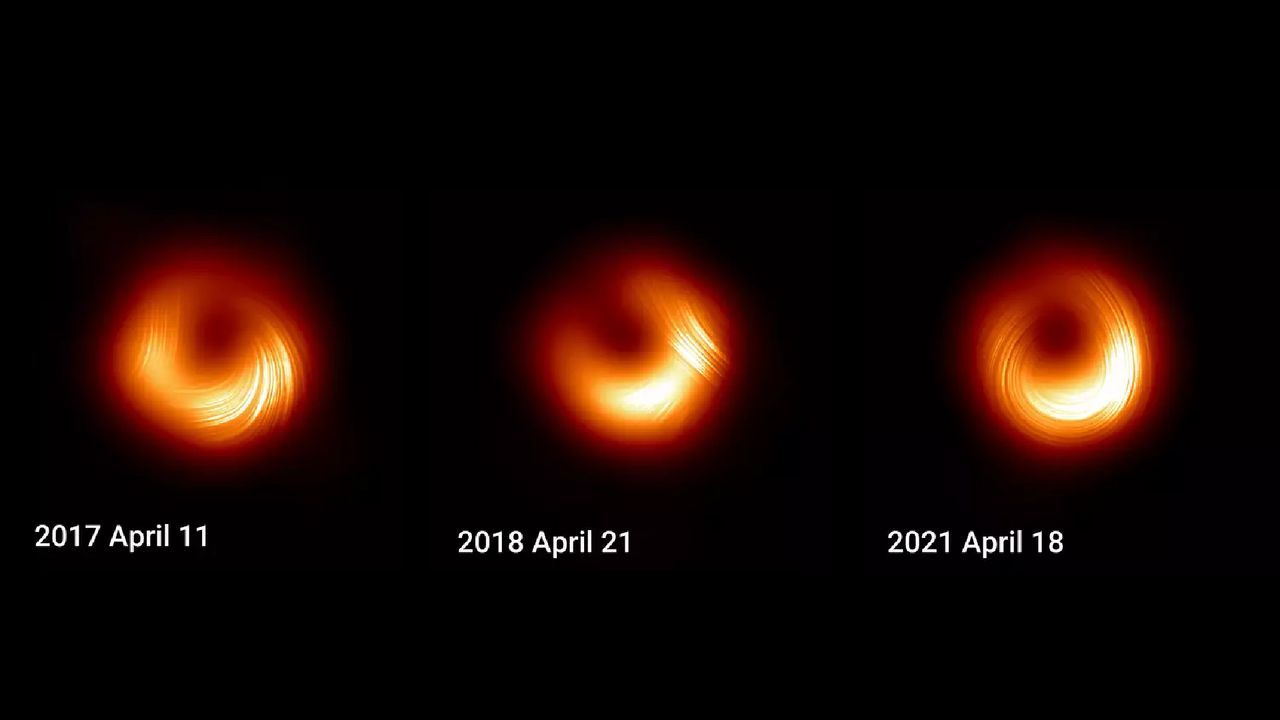Northrop Grumman's biggest-ever cargo spacecraft arrives at ISS on its debut mission
PositiveScience
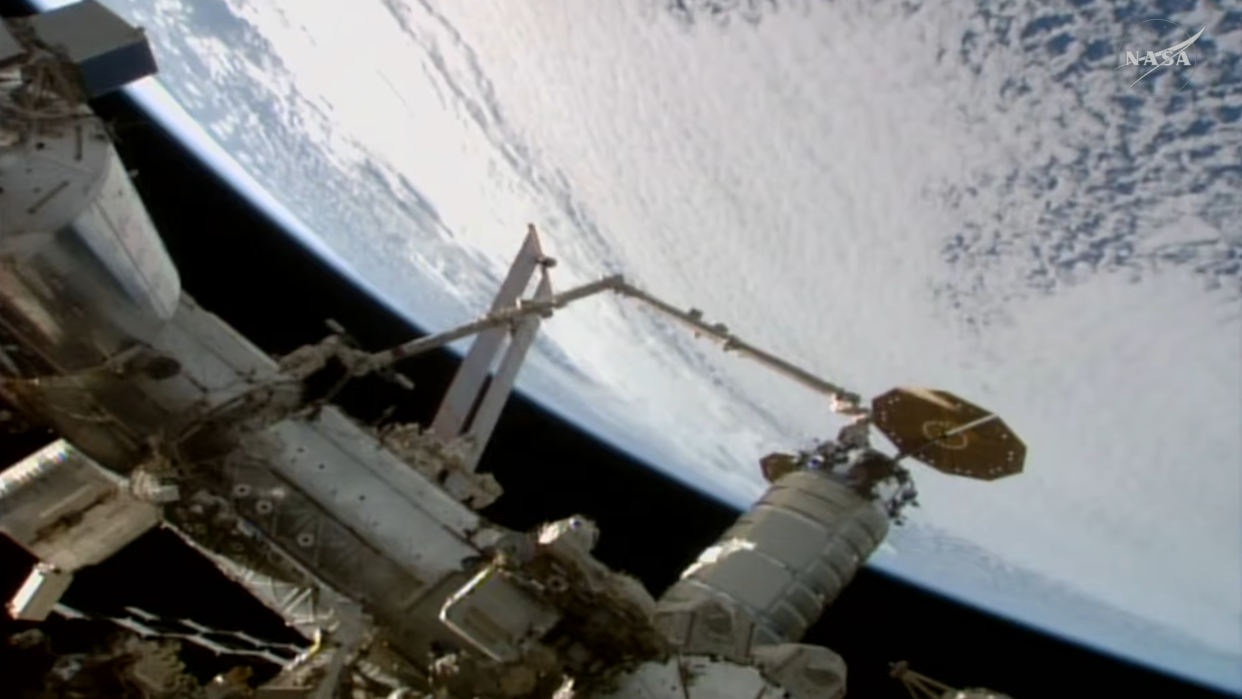
Northrop Grumman's new cargo spacecraft, the Cygnus XL, successfully arrived at the International Space Station on its debut mission, delivering a significant 11,000 pounds of supplies. This achievement not only marks a milestone for Northrop Grumman but also enhances the capabilities of the ISS, ensuring that astronauts have the necessary resources for their ongoing research and experiments in space.
— Curated by the World Pulse Now AI Editorial System
